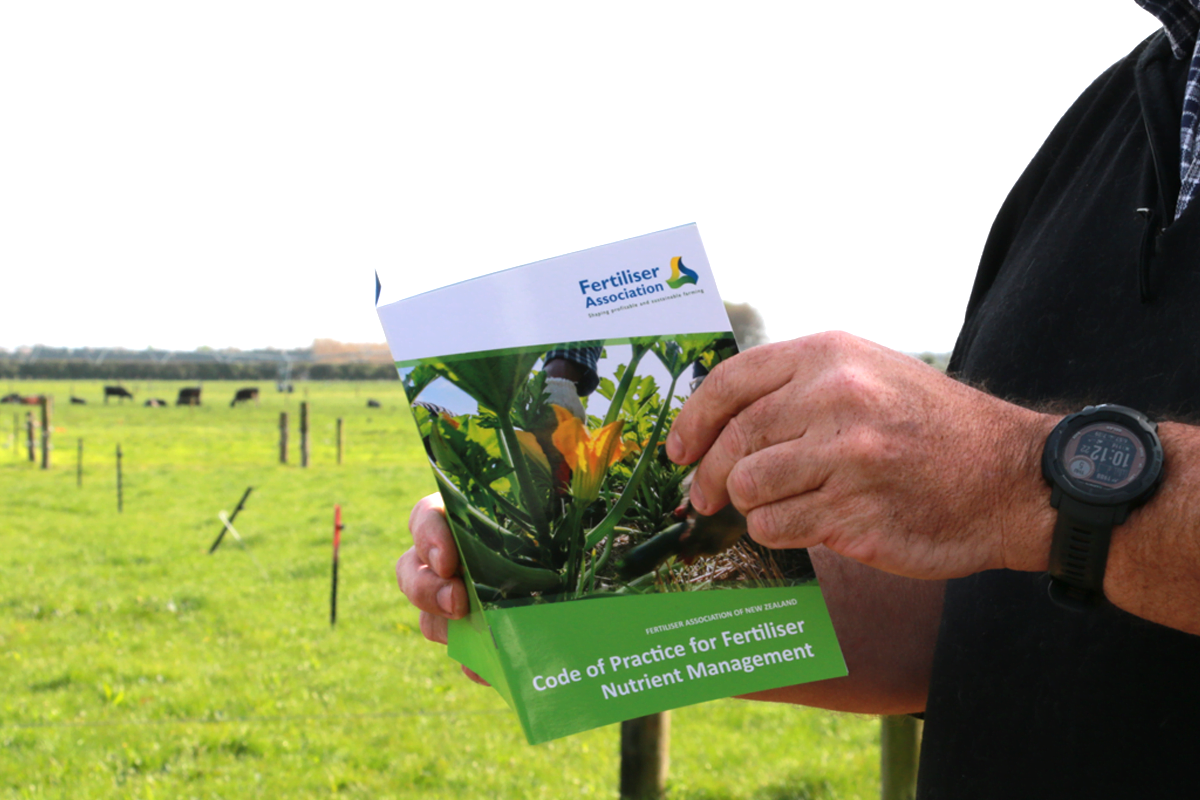Physiographic Environments of New Zealand
Integrating landscape process knowledge with water chemistry to understand how and why surface water quality varies across New Zealand
Project Details Ngā taipitopito
Collaborators Ngā haumi
Auckland Council | Bay of Plenty Regional Council | Envirolink | Environment Canterbury | Environment Southland | Horizons Regional Council | Land & Water Science | Northland Regional Council | Waikato Regional Council | Waterways Centre for Freshwater Management
What are we doing?E aha ana mātou?
Physiographic science works ‘backwards’, using water composition to trace the water’s journey back through the landscape to understand the landscape controls over water composition, and hence quality.
Physiographic Environments of New Zealand (PENZ) researchers are using national and regional water composition and quality data sets, in conjunction with existing geospatial layers, to map and numerically model the processes that control the spatial variability of water. The method brings together data for climate, topography, geology, soils, and hydrological controls with analytical chemistry at a national scale.
How can the research be used? Ka pēhea e whai take ai te rangahau?
- Regional and district councils (Northland, Auckland, Waikato, Bay of Plenty, Horizons, Canterbury, Southland) are sharing data and collaborating to develop and apply the physiographic approach to their regions.
- Physiographic outputs have been loaded into Northland Regional Council’s ESRI Collector software suite in order to support the council’s farm, forestry and biodiversity extension teams in the field.
- An aligned MPI Sustainable Farming Fund project, Farmer Interface for Physiographic Environments, is underway to provide physiographic maps to farmers. A web-based map is being co-developed with a wide range of collaborators including farmers and industry representatives: Foundation of Arable Research, Deer Industry New Zealand, Ravensdown, Ballance Agri-Nutrients, Living Water, Southland Economic Development Agency, Environment Southland. The key aim is to educate farmers on how contaminants (N, P, sediment and faecal microbes) leave their land so that they can make well-informed land use decisions to reduce losses.
- Fonterra farm extension advisors are using the method to tailor their evolved Sustainable Dairying Programme (Tiaki). Specifically, calibrating farm extension initiatives to the physiographic setting, in order to implement the most effective and least cost steps towards minimising environmental contamination from farms.
- A collaboration with Living Water (a Fonterra and Department of Conservation partnership) allowed the research team to apply the physiographic method to the Waituna Catchment. This work enabled a significant amount of method development to be undertaken and tested. Fonterra has now incorpoarted physiographic information into the Tiaki Farm Source model within the Waituna Catchment, in order to provide more targeted advice to its suppliers and inform farm environment plans.
- Physiographic science is now being taught through Lincoln University’s third-year soil science course.
 View Our Strategy Document 2019 – 2024
View Our Strategy Document 2019 – 2024












